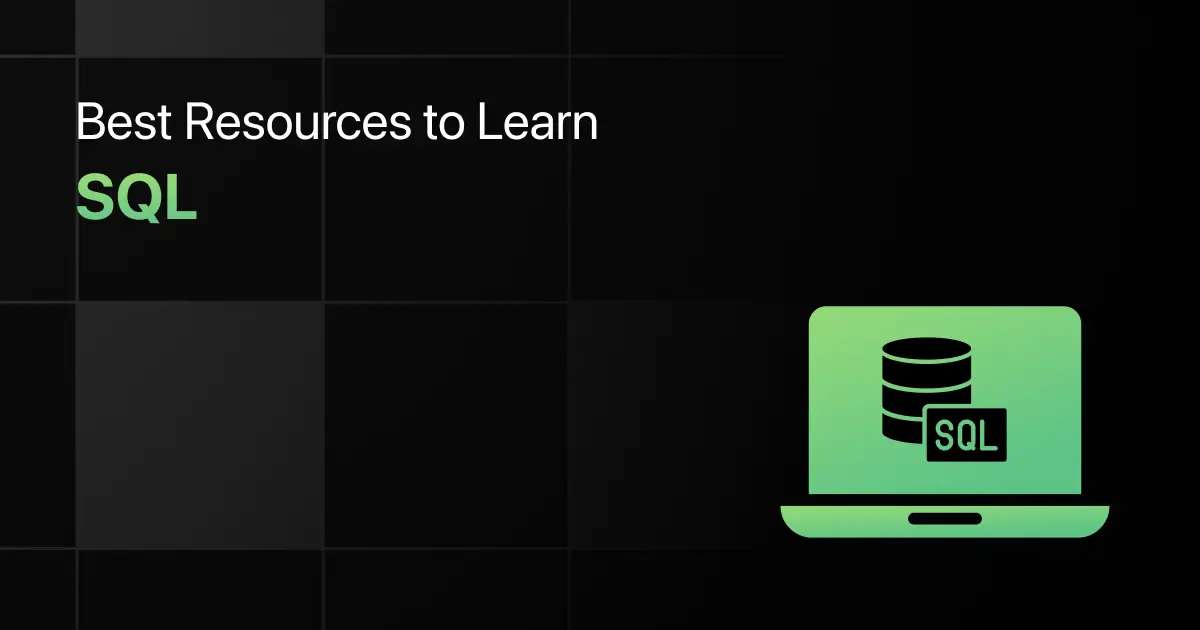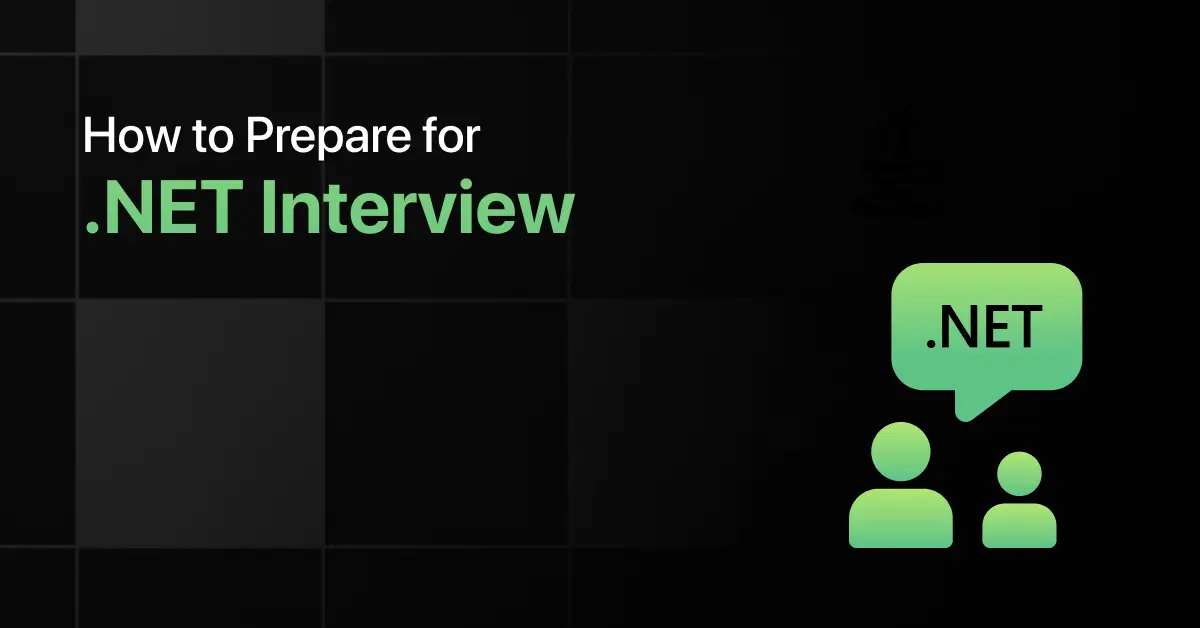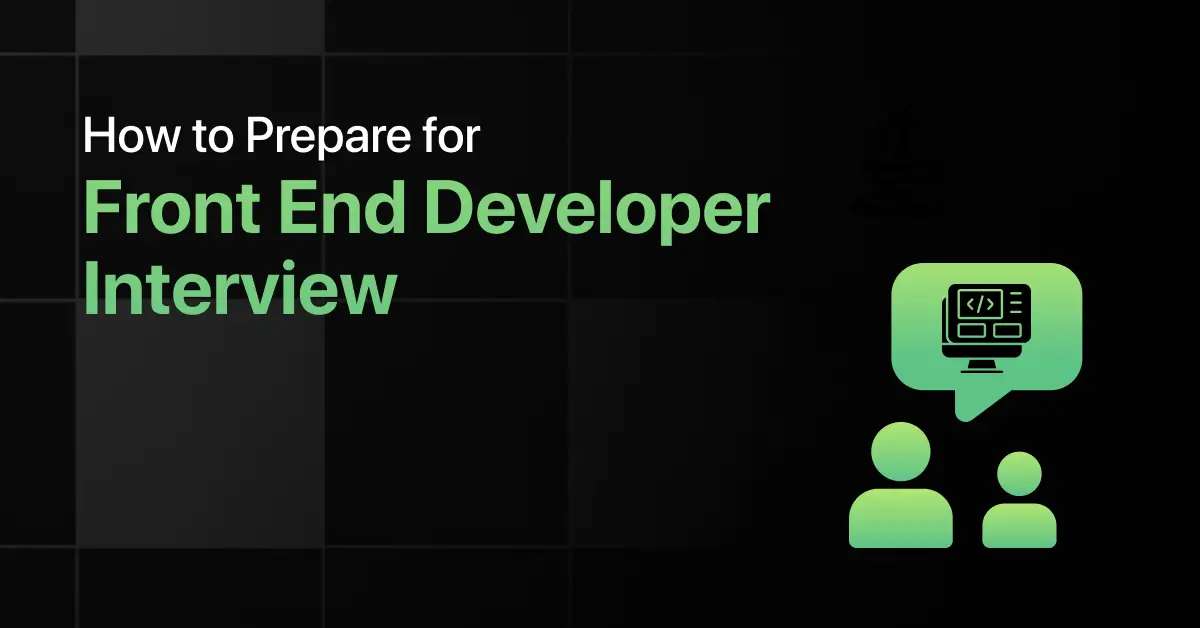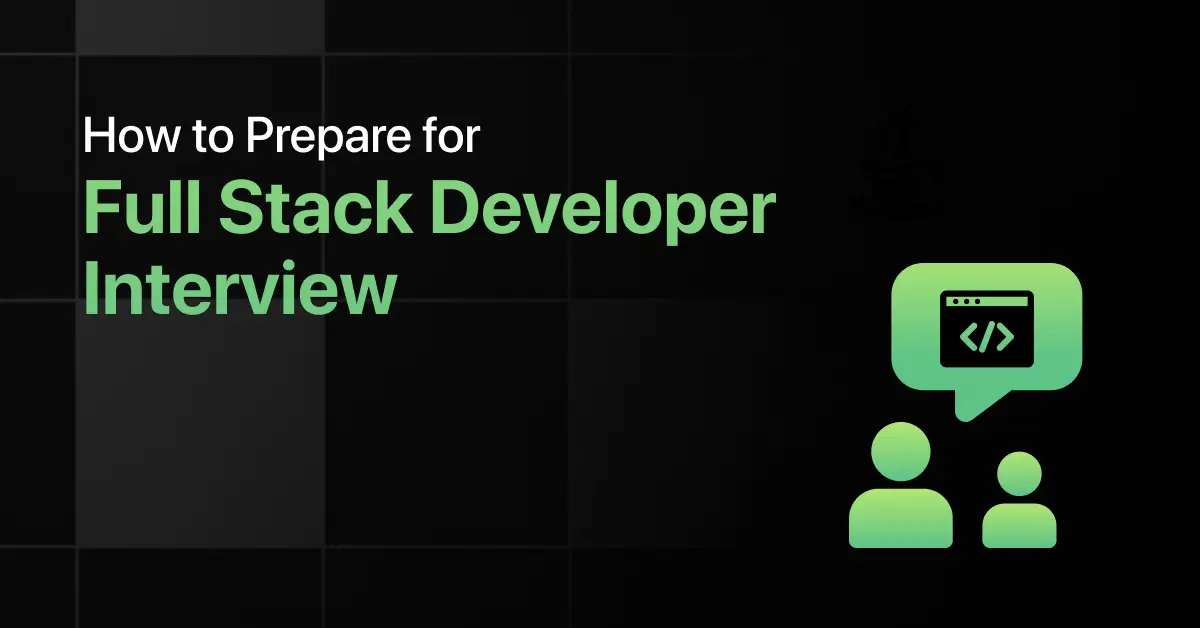Best Resources to Learn SQL

SQL is the foundational language for working with data and is used to query, manage, and manipulate databases across nearly every industry. Whether you’re aiming for roles in data analysis, software development, or business intelligence, understanding SQL is a critical first step.
In 2025, SQL remains a high-demand skill as organizations continue to rely heavily on data-driven decision making. This article walks you through the most effective resources to learn SQL step by step, from fundamentals to advanced practice, to help you build practical, job-ready skills.
A Quick Overview of SQL
| Popular Use Cases | SQL is used for querying databases, managing data in applications, generating business reports, and powering dashboards. |
| Learning Curve | SQL has a gentle learning curve with simple syntax, making it accessible even for non-programmers. |
| Demand in India | SQL is widely required across analytics, IT services, SaaS companies, and finance sectors in India. |
| Job Roles | Roles include Data Analyst, Database Developer, Backend Engineer, Business Analyst, and Data Engineer. |
| Salary Range | Entry-level SQL professionals earn ₹3–5 LPA, while experienced professionals can earn ₹10–18 LPA or more. |
| Top Companies Hiring | Companies like Infosys, TCS, Capgemini, Deloitte, Cognizant, and banking firms frequently seek SQL-skilled candidates. |
Key Concepts to Learn in SQL
To use SQL effectively in real-world scenarios, it’s important to grasp the following key concepts:
- Database Basics: Understand how relational databases work and how SQL interacts with them.
- Data Types: Learn about numeric, string, date, and special data types supported by SQL.
- DDL and DML: Master data definition commands like CREATE, ALTER, DROP and data manipulation commands like SELECT, INSERT, UPDATE, and DELETE.
- Filtering and Sorting: Use WHERE, ORDER BY, GROUP BY, and HAVING to refine and organize query results.
- Joins: Learn to retrieve data from multiple tables using INNER JOIN, LEFT JOIN, RIGHT JOIN, and FULL JOIN.
- Aggregations and Functions: Apply functions like COUNT, SUM, AVG, MIN, MAX, and use string or date functions as needed.
- Subqueries and Aliases: Write nested queries and use aliases to make results cleaner and easier to understand.
- Constraints and Keys: Understand primary keys, foreign keys, unique constraints, and how they maintain data integrity.
- Transactions and Permissions: Learn about COMMIT, ROLLBACK, GRANT, and REVOKE to manage secure and consistent data operations.
- Indexing and Optimization: Get introduced to indexing and query optimization techniques for better performance.
Best Online Resources to Master SQL
SQL is best learned in a structured flow that begins with understanding syntax and basic queries, followed by guided practice on real datasets, and then moving into complex queries and interview-level problems.
The resources listed below are arranged to help you follow this progression smoothly and build confidence as you go.
Getting Started
If you are new to SQL, begin with easy-to-follow tutorials and structured lessons that explain how data is queried, filtered, and managed.
1. YouTube Channels
YouTube is a helpful platform for understanding SQL through visual examples. These tutorials cover everything from basic SELECT queries to complex joins, making it easier to grasp how SQL interacts with databases.
Learning Outcomes:
- Understand database structure and querying basics
- Learn how to filter, sort, and retrieve data using SQL
- Watch live query execution and practical examples
- Build confidence with step-by-step demonstrations
Mode of Learning: Online and self-paced
2. Free Courses
Free SQL courses are a great way to build foundational skills through structured content. These courses typically include lessons on DDL, DML, constraints, joins, and aggregation functions.
Learning Outcomes:
- Learn how to create and manage tables in SQL
- Practice writing queries for different use cases
- Understand filtering, grouping, and combining data
- Build a solid understanding of relational databases
Mode of Learning: Online
Hands-On Practice
Once you’ve learned the basics, it’s important to apply those skills by writing and testing queries through coding tasks and assessments.
1. Coding Exercises
SQL coding exercises help you get hands-on experience with writing queries, joining tables, and analyzing datasets. These tasks improve logic building and familiarity with SQL syntax.
Learning Outcomes:
- Practice writing real-world queries from scratch
- Apply concepts like joins, aggregations, and subqueries
- Strengthen data manipulation and extraction skills
- Prepare for SQL-based coding rounds
Mode of Learning: Online
2. Programming MCQs
MCQs allow you to test your knowledge of syntax, functions, and database logic. These questions are useful for quick revisions and placement test preparation.
Learning Outcomes:
- Test your grasp of core SQL topics
- Review query structures and common functions
- Identify and fix conceptual gaps
- Reinforce learning through short evaluations
Mode of Learning: Online
3. Paid Courses
Paid courses offer a complete learning path that includes structured modules, exercises, mentor support, and practical assignments. These are ideal for learners aiming to master SQL professionally.
Learning Outcomes:
- Gain in-depth knowledge of SQL for data management
- Practice with real datasets and industry-focused tasks
- Build a strong foundation in database querying
- Get access to mentorship and detailed feedback
Mode of Learning: Online
Get Job-Ready
Once your fundamentals are strong, focus on solving real-world problems and preparing for interview-level questions.
1. Mini Projects
Mini projects allow you to apply SQL concepts to solve real problems, such as creating databases, generating reports, or analyzing business data.
Learning Outcomes:
- Use SQL in structured project scenarios
- Work with datasets to retrieve and analyze information
- Improve logic building across multiple query types
- Build project experience to showcase in interviews
Mode of Learning: Online
2. Interview Questions
Interview questions help you prepare for job roles by focusing on query writing, problem solving, and logic explanation. These questions are often used in placement tests and technical rounds.
Learning Outcomes:
- Review frequently asked SQL interview questions
- Practice explaining query logic and intent
- Improve clarity in technical communication
- Prepare confidently for both written and verbal interviews
Mode of Learning: Online
Additional Resources
To support your continued learning, explore these resources that help reinforce concepts and offer practical examples.
1. Learning Hub GUVI
The hub includes short lessons, topic-wise explainers, and practical SQL examples that make it easier to revisit or strengthen concepts.
Learning Outcomes:
- Reinforce foundational SQL concepts
- Access content tailored to beginner and intermediate levels
- Explore different ways to solve query-based problems
- Use for revision and supplementary practice
Mode of Learning: Online
2. W3schools
W3Schools offers an interactive and beginner-friendly way to learn SQL. It provides code snippets, definitions, and try-it-yourself sections to test each concept directly.
Learning Outcomes:
- Learn through interactive SQL query examples
- Understand basic commands and their syntax
- Use live editors to practice and test queries
- Build confidence through real-time feedback
Mode of Learning: Online
Tips to Learn SQL Effectively
- Start with Query Basics: Begin with structured lessons or video tutorials that cover the basics of SELECT, WHERE, and ORDER BY clauses. These are the building blocks of almost every SQL query.
- Practice with Real Tables: Use hands-on exercises that provide realistic tables like employees, orders, or sales data. Practicing queries on actual datasets helps you understand real-world applications.
- Test with Short Quizzes: After learning each concept, reinforce your understanding with MCQs or topic-specific quizzes. These help identify gaps and improve query accuracy.
- Explore Joins Early: Don’t wait to learn joins. They are critical for real projects and interviews. Start practicing them as soon as you’re comfortable with basic queries.
- Build Small Query Projects: Create your own database or work on mini SQL projects like a student management system or sales dashboard. This will help you connect multiple SQL concepts together.
Final Words
SQL is the language behind how we store, access, and work with structured data. It is not just essential for data-related roles but also for developers and analysts who work with backend systems.
With a structured approach that includes clear lessons, hands-on query writing, and interview preparation, you can become confident in using SQL for real-world scenarios. Stay consistent and keep querying your way forward.
Explore More Resources for
FAQs
Yes, SQL is one of the most beginner-friendly languages with easy-to-read syntax and minimal setup required, making it ideal for first-time learners.
A mix of tutorials, interactive exercises, MCQs, real-world project datasets, and interview question banks works best for preparing for SQL-based placement roles.
Yes, you can learn SQL independently using online platforms that offer self-paced lessons, practice problems, and real-life use case examples.
Absolutely. Many platforms offer free courses, tutorials, and exercises to learn SQL from scratch without needing to invest in paid programs.
Websites like Placement Preparation and GUVI provide SQL exercises, queries, and problem sets to help you practice hands-on with realistic datasets and scenarios.
Interviews usually include writing queries using joins, aggregations, filtering conditions, and solving case-based questions involving real-world data.
With daily practice and structured resources, it typically takes 4 to 6 weeks to become comfortable with core SQL concepts and query writing.
Related Posts


How to Prepare for .Net Interview
Are you preparing for a .NET interview but not sure which topics to prioritize? Many candidates struggle to balance C# fundamentals, …
Warning: Undefined variable $post_id in /var/www/wordpress/wp-content/themes/placementpreparation/template-parts/popup-zenlite.php on line 1050








